A proud mom has spoken candidly about life with two daughters with albinism, saying she is glad they both have the condition so that they can support one another.
As soon as her eldest Jess, now 12, was born, Jo Bennett, 44, knew from her shock of bright white hair, and how she would never open her eyes in sunlight, that something was the matter.
But it was not until the tot was 17 weeks old that she was officially diagnosed with oculocutaneous albinism – a genetic condition affecting melanin production and meaning that, in Jess' case, she has no pigment whatsoever in her skin, eyes or hair.

What followed was an incredibly tough year, where Jo, of Nottingham, went through a grieving process for “the child she thought she'd have."
In time, after genetic testing showed that any future children had a one in four chance of also having the lifelong condition, she fell pregnant again, eventually welcoming Becky, now eight, to the world.
Like her big sister, Becky also has oculocutaneous albinism, which has left both girls severely visually impaired – but Jo poignantly admitted she is happy her girls can share in their experiences.
What is albinism?
- Albinism affects the production of melanin, the pigment that colors skin, hair and eyes.
- It's a lifelong condition, but it doesn't get worse over time.
- People with albinism have a reduced amount of melanin, or no melanin at all.
- This can affect their coloring and their eyesight.
She explained: “My husband and I had always wanted more than one child.
“Genetic testing showed any future children would have a 1 in 4 chance of also having albinism, but by the time we were ready to try again, I had gone through the grieving process and seen that Jess could absolutely live a full and normal life.
“I never admitted this before I gave birth to Becky, but if I could have picked an outcome, I'd have wanted a girl with albinism, which is exactly what she is. I know it sounds weird to say you want your child to have a genetic disability, but that way, they would have each other."

Jo, who co-owns a care company, told of how there was no signs of Jess' albinism picked up during any of her routine pregnancy appointments, and scans showed no abnormalities.
But the moment she was born at Nottingham's City Hospital in July 2007, medics seemed confused by her shock of bright white hair.
“I remember knowing something was up. My husband and I are both dark-haired, so I was confused about where this white hair had come from," she explained.

In the weeks that followed, Jo noticed Jess had other peculiar habits, such as refusing to open her eyes in the daylight, or screaming whenever she went outside.
She continued: “She'd only ever open her eyes when it was dark. I did think it was strange, but being my first child, I had nothing to compare it to and didn't know whether it was just something babies did.
“I also began to notice that, whenever we went outside for a walk, she would scream and scream. It got to the point where I dreaded going out."
She added: “I remember once, getting halfway down the road and just thinking, 'I can't do this' and heading home. As soon as we got inside, out of the sunlight, she stopped crying."
Now, with Jess' diagnosis, Jo knows that she was screaming in discomfort due to photosensitivity – an extreme sensitivity to light due to the lack of pigment in her eyes – which is a part of the condition.
She explained: “Where Jess' eyes have no pigment in them, she is incredibly sensitive to the light. Both she and Becky wear sunglasses whenever they go out."

Jo added: “I didn't know it back then, but that's why she was screaming. She would be in her pram, facing up at a bright blue sky – of course it was horrible for her."
Eventually, Jo was referred for an appointment with an ophthalmologist – a doctor specializing in eye care – and Jess's condition was diagnosed there, when she was 17 weeks old.
According to the charity The Albinism Fellowship, which have been a great support to the family, it is thought that albinism affects one in every 17,000 people in the UK.

After breaking the news, medics registered Jess as partially sighted – which was changed to severely visually impaired when she turned five.
Speaking of the emotional impact, Jo said: “Along with being partially sighted comes all the things Jess will never do, like drive a car. I remember sobbing at the thought that she could never fly a plane, as I had wanted to be a pilot so badly when I was little.
“It's funny as she has never expressed an interest in doing that anyway, but that's where my mind went."
Jo continued: “After a diagnosis like this, you do go through a grieving process. Two of my friends were expecting around the same time as me.
“When this was all happening, I remember reading an analogy that fitted perfectly. It was like I'd been going on a group holiday to Rome, but at the last minute, I'd ended up in Amsterdam instead.
“At first, you want to be in Rome with everyone else, as that's what you'd planned for. But over time, you realize that Amsterdam is amazing too. It's not where you thought you'd be, but that doesn't make it any less wonderful."

Still, with no social media support back then to put her in touch with like-minded families, and little in the way of signposting to charities, Jo did find the first year after diagnosis a struggle.
As albinism is relatively rare, she found her life became a haze of hospital appointments with various different specialists, rather than just having one doctor to oversee everything.
But finally, when Jess was 14 months old, a turning point came when Jo discovered The Albinism Fellowship.

“They got in touch with me, and that was the first time someone had said, 'It's going to be okay,'" she recalled. “I was able to meet other families and hear about other children like Jess, who had gone on to do amazing things without being held back by their condition.
“Almost right away, I decided to become involved myself. I never wanted another parent to go through what I had, and so now I want to share my girls' lives as a way of offering hope."
Eventually coming to terms with Jess' diagnosis, Jo felt able to try for the second child she had always wanted.
During her pregnancy, there was no way of testing if her unborn baby had albinism, and Jo opted not to find out her baby's gender before the birth.
Becky arrived on October 10, 2010, and Jo recalled: “I actually found out she had albinism first because my husband said she had the same white hair as Jess before anybody would tell me if I had a girl or a boy, so we knew straight away."
Becky's official diagnosis came at four weeks old, again via an ophthalmologist.
“Having two children with the condition meant they would be support and understanding for each other as they learn to navigate the world. This is how we raised the girls and they have proved to be a great support for one another," added Jo.
Now, both girls have the same level of vision, though Becky is farsighted, while Jess is nearsighted.
Both girls walk with white sticks and both are excelling at school, where they use iPads and enlarged print books to help them learn. They also have a mobility support dog called Viking, who is trained by Guide Dogs UK helps Becky walk in every day to her primary school, where she will be in year four in September.

And amazingly, Jess, whose field of vision is around as far as the end of her arm, has learnt every single step of her journey to secondary school, where she will be in year eight when she returns in September, so she can walk there independently with her friends.
“I had nightmares about that for years, but she is very safe and knows exactly where she is going," said Jo. “I can't believe we've got to this point. I never thought I'd see that day, but it is so important for Jess to have that independence."
With no pigment in their skin, the sisters also burn very easily, meaning sun safety is paramount – especially during the school summer holidays.
Jo explained: “They don't have to stay indoors but they have to wear prescription sun cream with a factor of 50 plus. As long as they are topped up with sun cream, they are okay.
“They wear that every day from March to November, unless it's going to be freezing cold because otherwise, they will burn within minutes of exposure due to having no pigment.
“They also have to take vitamin D supplements and top them up during the winter months."
And Jo added that it does require extra planning if booking the girls into a holiday camp or activity day.
She continued: “I will have to phone up and have a long conversation about their needs, and about whether they are okay with visual impairment before I can book them on.
“With holidays, we go where we want to go, but I have to make sure where we are staying has a form of air conditioning so there's somewhere they can have some downtime where it's cooler."
She added: “When swimming, they will wear full UV swimsuits. We would not just go somewhere they could play in the water all day, it would be for an hour in the morning and an hour in the afternoon.
“We do have to put more thinking and planning into it, but the girls would never notice. We make sure their lives are the same as everyone else's but just do things a bit differently in the background."
By speaking out, Jo wants to both give other parents hope, and thank Jeans for Genes Day, the annual fundraising campaign for Genetic Disorders UK, which takes place from Monday 16 to Friday 20 September.
Every year, monies raised through the campaign go toward grants for projects that aim to transform the lives of children living with genetic disorders.
This year, The Albinism Fellowship is a grant charity, and will receive money to go toward 12 regional family events, giving children with the condition a chance to meet one another
Jo said: “The Albinism Fellowship is a tiny charity, all run by volunteers, so grants like the one from Jeans for Genes Day are absolutely priceless. They go toward vital support like family weekend conferences, bursaries, literature and support for new parents."

Jo also wants to express her pride at Jess and Becky, who have formed an unbreakable bond, and often help one another out with tips and advice on how to navigate life with albinism.
She concluded: “They are incredibly close. They'll often walk down the street holding hands, or Jess will give Becky a piggyback.
“Like any other siblings, they do squabble, but they also have such a strong bond and I don't want having a visual impairment to stop either of them living their lives to the full."
For information, visit www.jeansforgenesday.org and www.albinism.org.uk

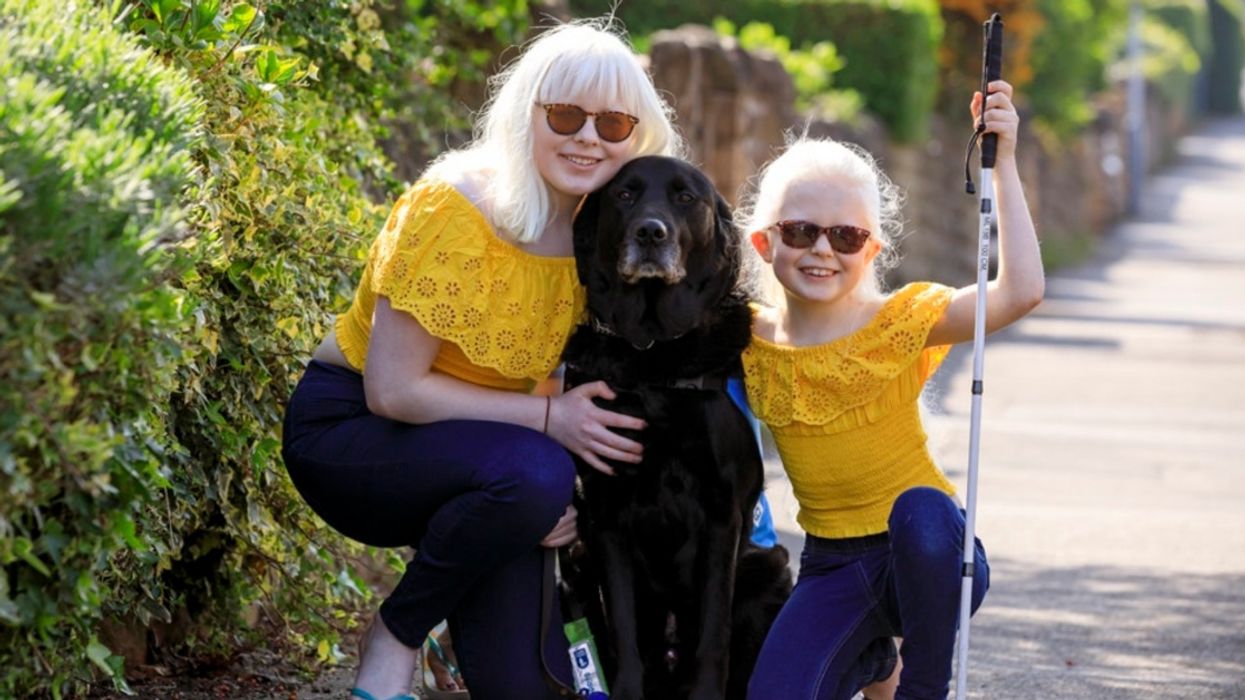






 @realDonaldTrump/Truth Social
@realDonaldTrump/Truth Social @realDonaldTrump/Truth Social
@realDonaldTrump/Truth Social @P78/Truth Social
@P78/Truth Social


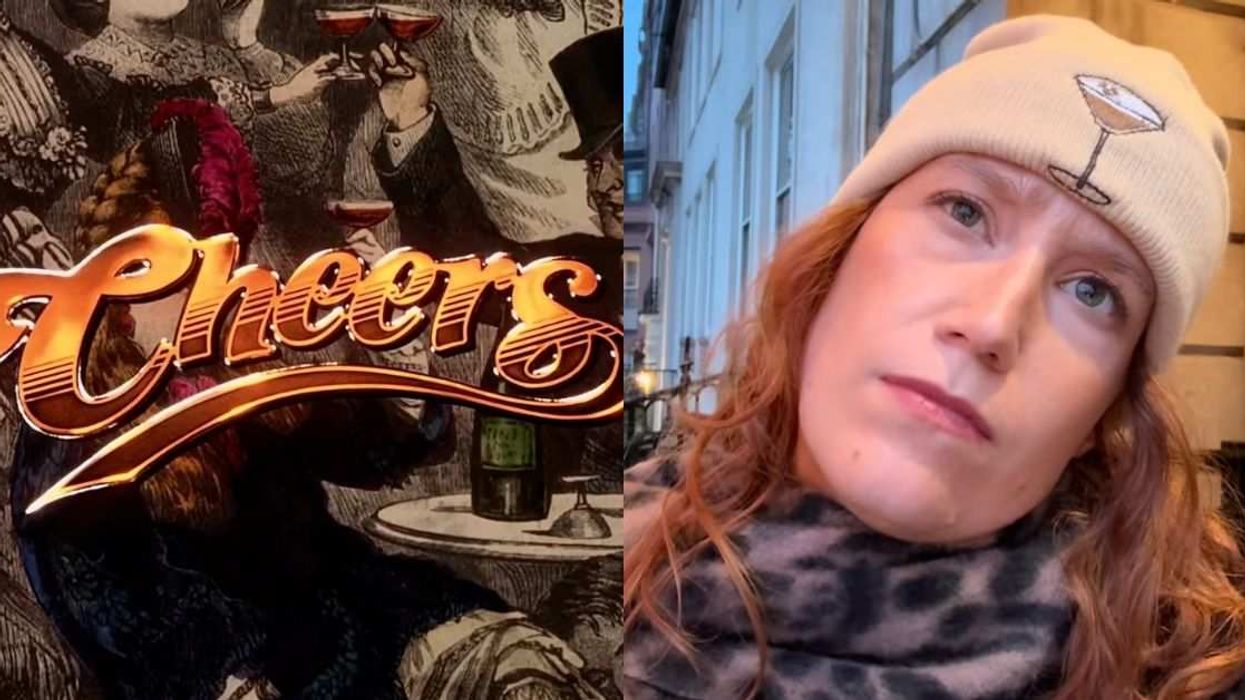


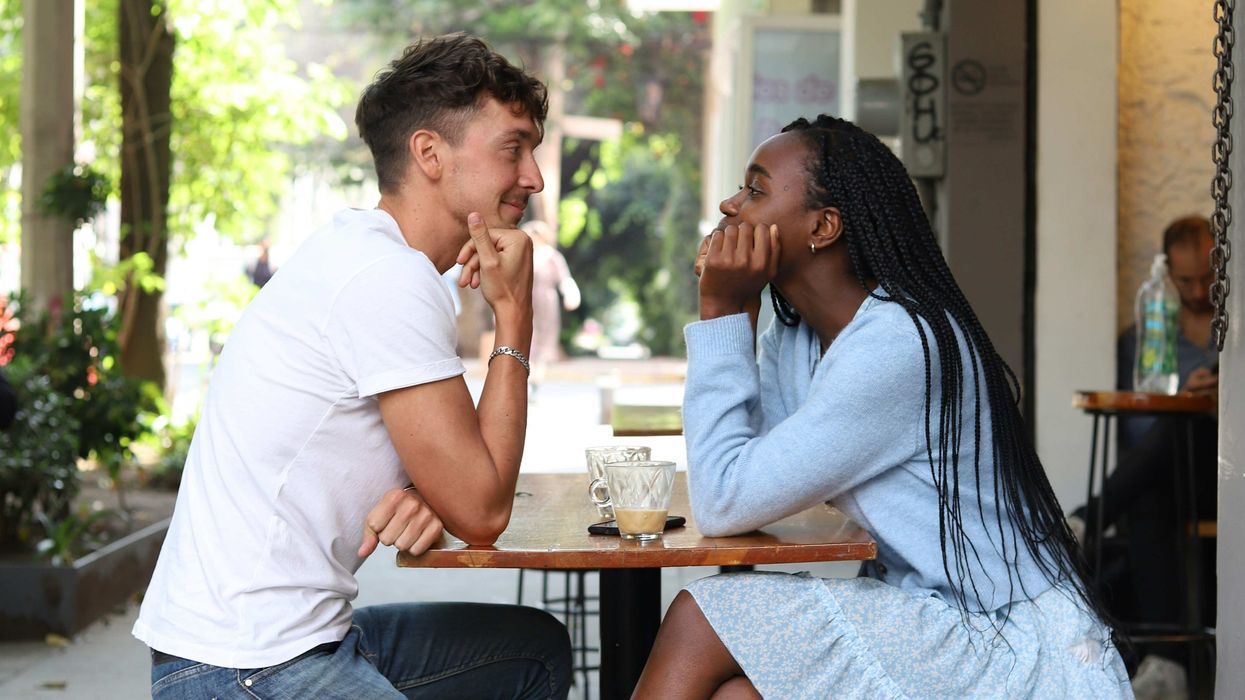
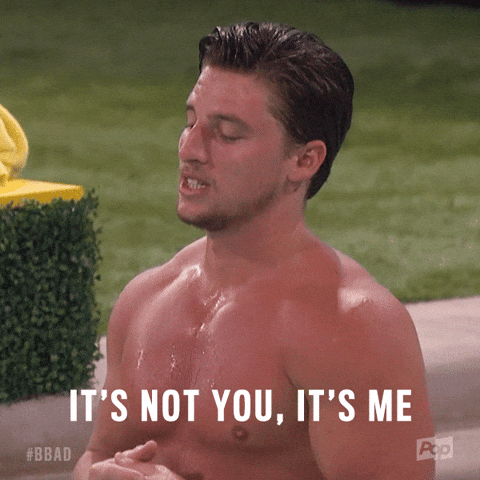 big brother pop GIF by Big Brother After Dark
big brother pop GIF by Big Brother After Dark 
 Unimpressed Get It Together GIF
Unimpressed Get It Together GIF  The Bachelor Shut Up GIF by BuzzFeed
The Bachelor Shut Up GIF by BuzzFeed  customer service waiter GIF
customer service waiter GIF 
 @prissyxoxo25/Threads
@prissyxoxo25/Threads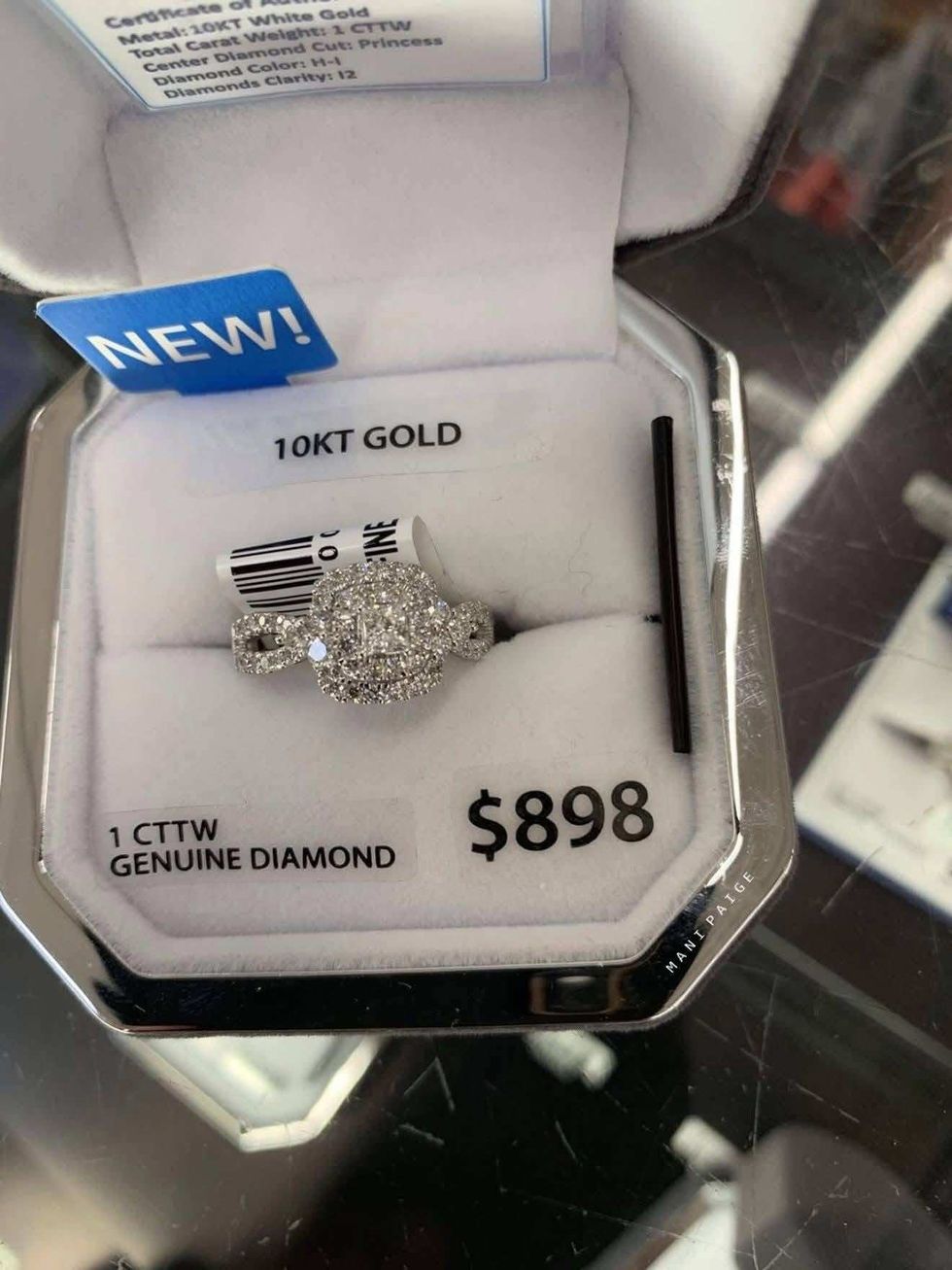 @prissyxoxo25/Threads
@prissyxoxo25/Threads @prissyxoxo25/Threads
@prissyxoxo25/Threads @prissyxoxo25/Threads
@prissyxoxo25/Threads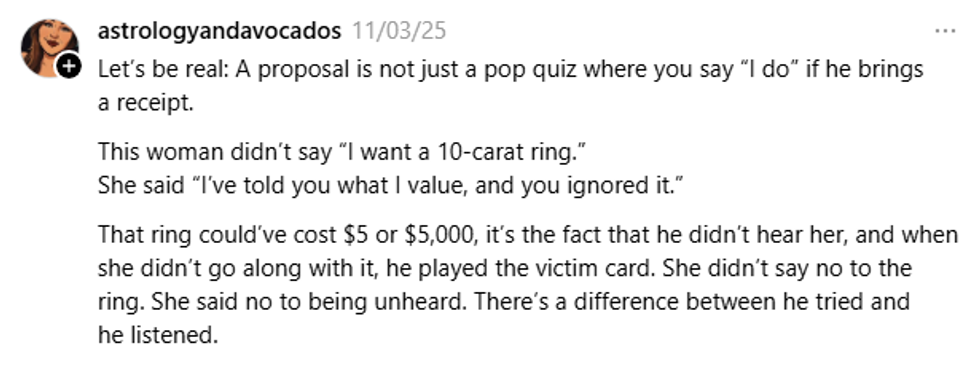 @prissyxoxo25/Threads
@prissyxoxo25/Threads @prissyxoxo25/Threads
@prissyxoxo25/Threads @prissyxoxo25/Threads
@prissyxoxo25/Threads @prissyxoxo25/Threads
@prissyxoxo25/Threads @prissyxoxo25/Threads
@prissyxoxo25/Threads @prissyxoxo25/Threads
@prissyxoxo25/Threads @prissyxoxo25/Threads
@prissyxoxo25/Threads @prissyxoxo25/Threads
@prissyxoxo25/Threads @prissyxoxo25/Threads
@prissyxoxo25/Threads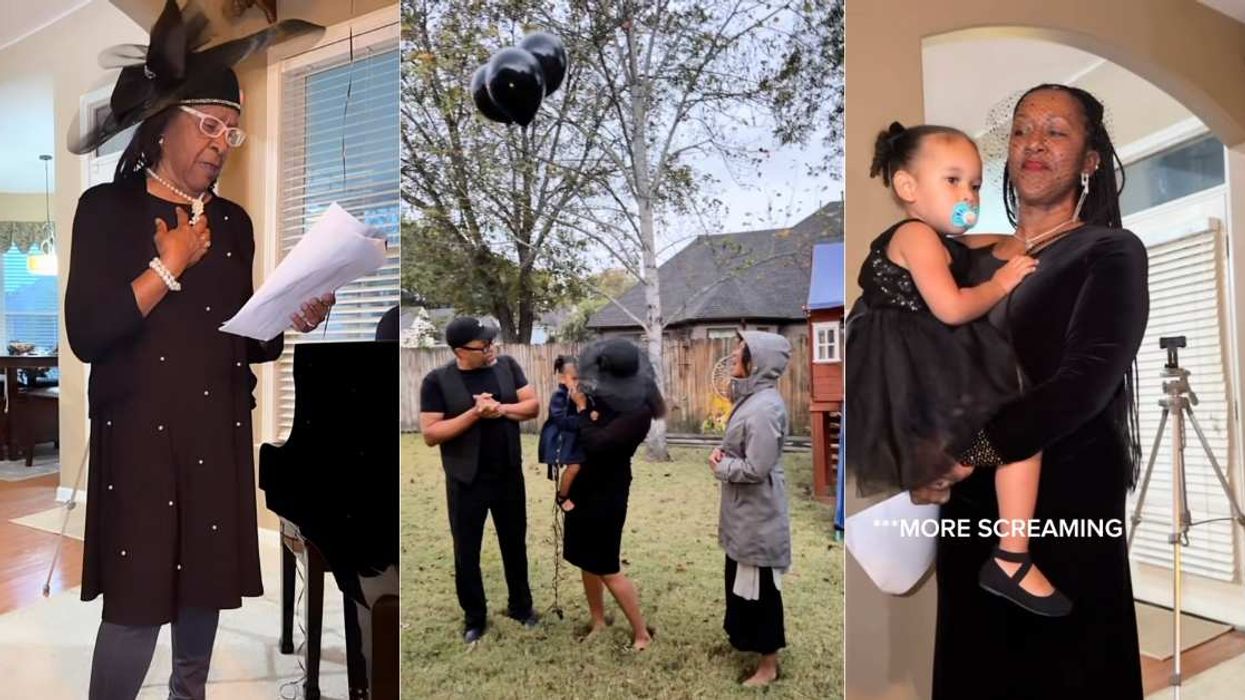
 @lookitskateeee/TikTok
@lookitskateeee/TikTok @lookitskateeee/TikTok
@lookitskateeee/TikTok @lookitskateeee/TikTok
@lookitskateeee/TikTok @lookitskateeee/TikTok
@lookitskateeee/TikTok @lookitskateeee/TikTok
@lookitskateeee/TikTok @lookitskateeee/TikTok
@lookitskateeee/TikTok @lookitskateeee/TikTok
@lookitskateeee/TikTok @lookitskateeee/TikTok
@lookitskateeee/TikTok @lookitskateeee/TikTok
@lookitskateeee/TikTok @lookitskateeee/TikTok
@lookitskateeee/TikTok